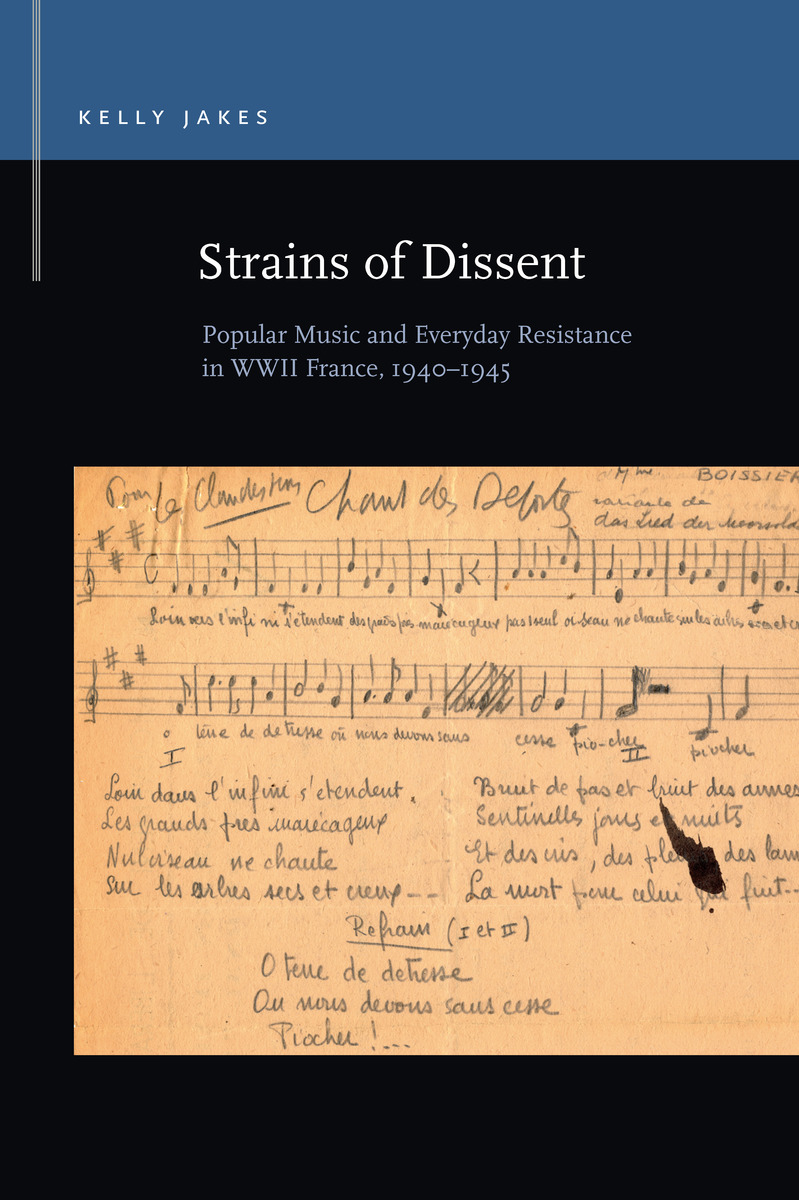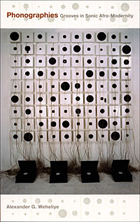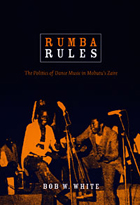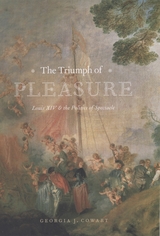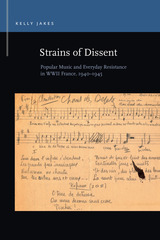Strains of Dissent: Popular Music and Everyday Resistance in WWII France, 1940 - 1945
Michigan State University Press, 2019
Paper: 978-1-61186-305-5 | eISBN: 978-1-62895-349-7
Library of Congress Classification ML3917.F8J35 2019
Dewey Decimal Classification 781.64094409044
Paper: 978-1-61186-305-5 | eISBN: 978-1-62895-349-7
Library of Congress Classification ML3917.F8J35 2019
Dewey Decimal Classification 781.64094409044
ABOUT THIS BOOK | AUTHOR BIOGRAPHY | REVIEWS | TOC | REQUEST ACCESSIBLE FILE
ABOUT THIS BOOK
During the German Occupation from 1940 to 1944, Resistance fighters, Parisian youth, and French prisoners of war mined a vast repertoire from a long national musical tradition and a burgeoning international entertainment industry, embracing music as a rhetorical resource with which to destabilize Nazi ideology and contest collaborationist Vichy propaganda. After the Liberation of 1944, popular music continued to mediate French political life, helping citizens to challenge American hegemony and recuperate their nation’s lost international standing. Ultimately, through song, French dissidents rejected Nazi subordination, the politics of collaboration, and American intervention and insisted upon a return to that trinity of traditional French values, liberté, egalité, fraternité. Strains of Dissent recovers the significance of music as a rhetorical means of survival, subversion, and national identity construction and illuminates the creative and cunning ways that individual citizens defied the Occupation outside of formal resistance networks and movements.
See other books on: 1940 - 1945 | 1941-1950 | Dissent | Music and the war | Popular music
See other titles from Michigan State University Press
